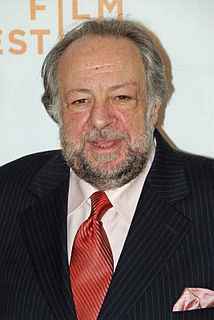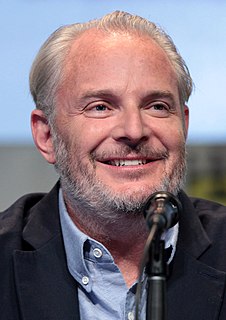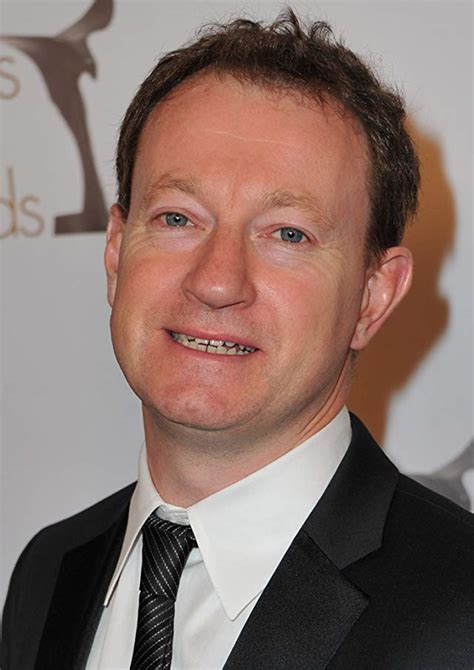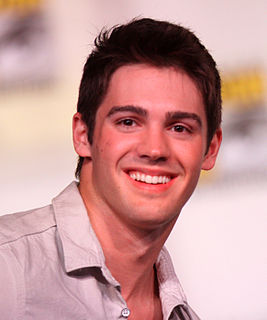A Quote by Ricky Jay
I think the toughest thing about being an actor in a film is to be with a director who doesn't know what they want. And that can be really, really frustrating.
Related Quotes
Film is such a director's medium; you're really in their hands in terms of the real storytelling. As an actor, you can give a performance moment to moment and some of your takes will be used and some of them won't. I think there are great films you can make with bad performances, and vice versa. There are all combinations of those things. It's really down to the director what happens, I think, so that's why it's really good to work with very talented, bold directors.
I don't follow anything that's said about him much, but the Uwe Boll that I know is just a really cool guy. He's just a really quiet, kind and passionate filmmaker who really believes in what he's doing. Like any director that an actor wants to work with, you want a director who's passionate and believes in the work that he's doing.
I never... it's a hard thing: when I think about projects, I don't come off something and go, 'I really want to make a sci-fi film next,' or 'I really want to do a political thriller next.' It's really coming across - I'm really fascinated, partly by world building, but also about the character and what the journey is.
Stepping out of the director's chair completely and into a scene as an actor was weird. It was more excitement about directing than anything, but I was on a high from being a director and enjoying that process so much that going back to being an actor was almost secondary because I really was loving directing.
In the film industry you never really know if all the various ingredients will come together - sometimes they do, and sometimes they don't. As an actor, you don't have much control over those things. It's a director's medium in that sense. All you can really do is minimise the risks of being involved in something that might not work and look for something that also suits you.
With a director it's all about the work; I'd work with a great director over - you know, I'm not the kind of actor who that doesn't go, 'I want to play this role.' It's more like, 'I want to work with this director,' regardless of what the role is because if it's a good director, you'll probably find a good role because it's a decent film. But a mediocre director will always make a mediocre movie.
If you know what it is before you even start, it's not as interesting. Central to being an actor is pretending, and the adventure of it all. That's why you become a junkie for different kinds of situations. I try to attach myself to people who really inspire me, and directors who are really passionate. That way, I can give myself more fully and trust the impulse behind why the film is being made, and I can be a little more irresponsible in finding out what the character is. I have to worry less about what the character means if I trust the director.
You can say something that can really help and actor and you can say something that can really get in the way of an actor's performance, kind of cut them off from their instincts and really get into their heads. And every actor's different. Every actor requires something different. Being an actor, for me, was the greatest training to be a writer and director.



































